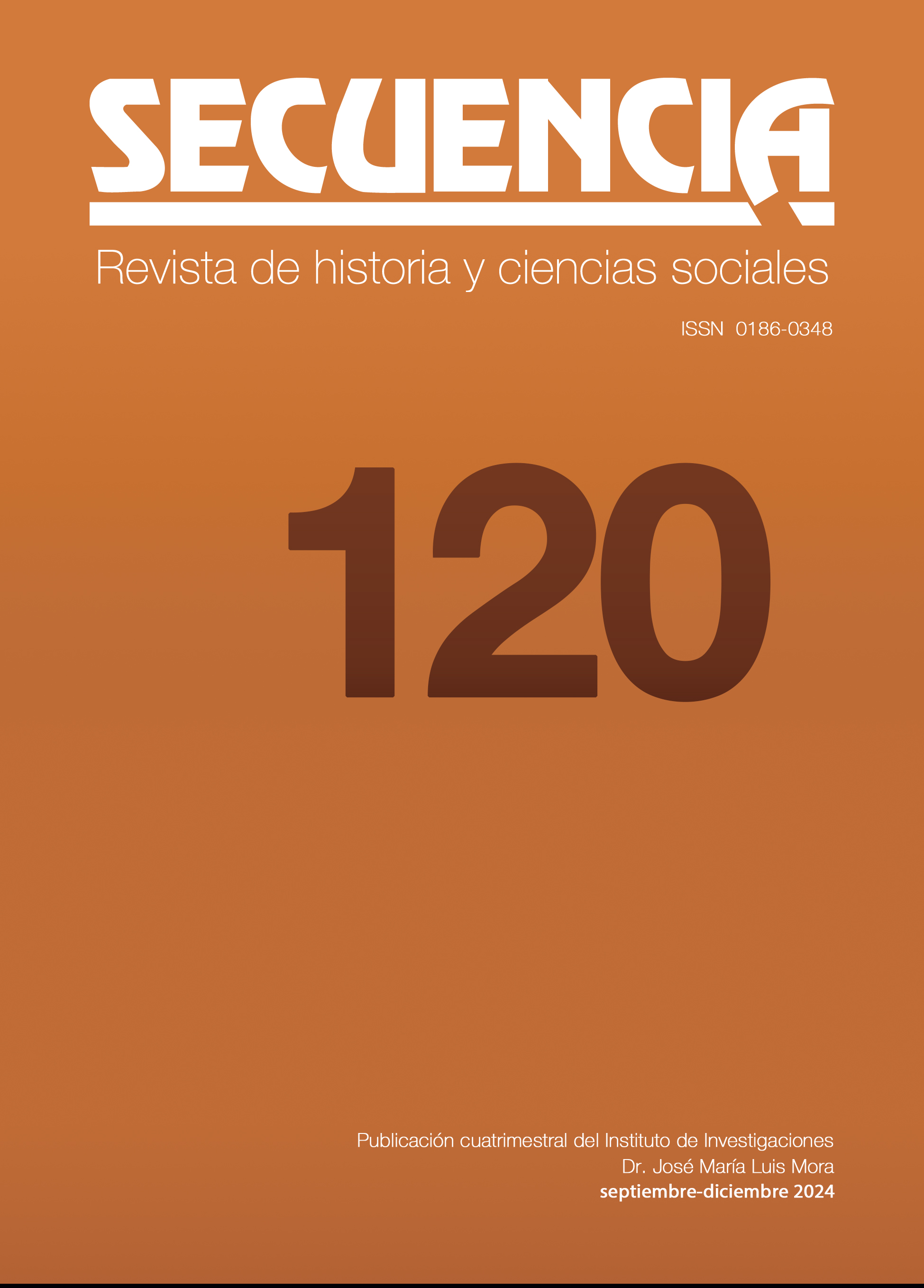Abstract
Christening records were used to determine the levels, evolution and differences between social groups defined by their status in relation to procreation practices outside marriage, as well as the phenomenon of the abandonment of newborns within an urban space: the city of Puebla, during two widely separated decades in the 18th century.
The rate of illegitimacy decreased across all social strata over time, with variations according to their position on the social scale. Whether in a more intense urban or peri-urban settings, Spaniards and mestizos had the highest whereas Indigenous people had the lowest rates. The case of Afro-descendants is unique because, despite being a group with more lax customs, they were the least likely to flout the rules at the end of the century.
This research contributes to expanding the meaning of illegitimacy and provides comparative elements across time and space in New Spain.

This work is licensed under a Creative Commons Attribution-NonCommercial 4.0 International License.
Copyright (c) 2024 Agustín Grajales Porras, Lilián Illades Aguiar




